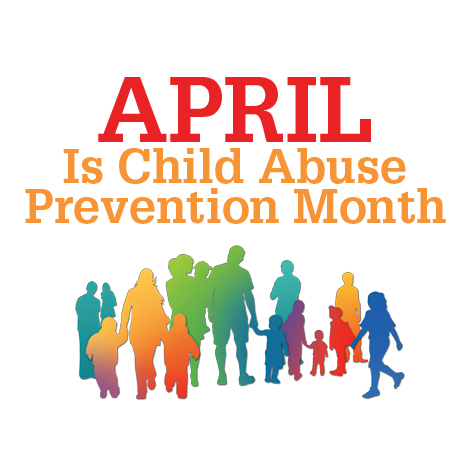
Cultural differences and keeping children safe
Monday, April 4, 2022
*Jan Rayburn
I was born on a mink ranch in central Iowa where the winter wind blows cold across the flat plains, creating the perfect climate for developing the rich fur coveted for mink coats. This was long before PETA and their red-paint-throwing supporters were defenders of the weasel-like creatures.
Not sure how pertinent that information is but I always thought I would begin my NY Times Best seller in just that way. Since that is a highly unlikely event, I thought I’d use it here.

It does speak to my culture and what helped form my principles and traditions, and perhaps explains why I hold some things dear and others in disdain. For example, I find nothing unhealthy or distasteful in a meat and potatoes diet, especially if it is my requested birthday meal of scalloped potatoes and ham. Also, I would always pick apple crisp as my favorite dessert over a birthday cake but wouldn’t scowl if both were offered. I looked forward to visiting Grandma Larson just to devour a Kringla (Norwegian cookie/biscuit) — or two or more if she wasn’t looking.
While that all sounds a little gluttonous, I also developed a strong work ethic. Chores before play. Leaves raked, weeds pulled, and the kitchen cleaned certainly before starting the next meal. Confronting an unpleasant task rather than procrastinating and letting the unpleasantness fester another day. That also means I developed a disdain for those who seemed to embrace a deflect, deflect, deflect attitude. Just typing it makes my jaw clench. I would rather be accountable and wrong than irresponsible.
All this is to say, we are who we are, but we are not all the same. In this tremendous melting pot that is the Archdiocese of Miami, we are privy to a wondrous array of cultures and traditions. The archbishop likes to say the greatest thing about Miami is that it is so close to the United States. Indeed, our tapestry of cultures is colorful, enlightening, entertaining, and rich.
I was reminded of this recently when we started planning a birthday celebration for a couple of colleagues. Every year I was stumped as to how to celebrate because one of the birthday girls does not like sweets. (I know! It’s unbelievable!) Anyway, trying to make the celebration fitting for all, I learned she does like flan. Faith restored. Now this Midwesterner needed to learn how to make flan. It was actually quite fun. I purchased a flan pan and attempted multiple recipes and techniques, with my husband’s assistance. My Hispanic friends and neighbors volunteered to taste test. Brave souls! I learned about the rich (and creamy) tradition, about the birthday girl herself, spent time with my husband and my neighbors and came away with a fun story and a luscious dessert.
Learning about the rich heritage and traditions of those in our communities can be fun. It can also be essential in the protection of children and vulnerable adults. While it is interesting to share different foods, clothing, or even religions, it is imperative we all be of like mind when it comes to protecting the most vulnerable among us. Laws provide the baseline of what is acceptable but sometimes these are not known or are not given the same consideration as traditions and cultures.
For example, some countries have a longstanding, culturally ingrained practice of child servitude. Parents — usually struggling mothers — send their child off to live with a different family, to assist with chores, cooking, and cleaning, in exchange for better educational opportunities and a better way of life that the parents would be unable to provide. Sadly, often this situation is more akin to child slavery and sometimes results in sexual abuse. Obviously, this tradition is not acceptable or legal in the United States. However, it is a cultural circumstance we must be aware of to protect the children in our care and to educate an enclave of people unaware of the legalities, let alone the trauma, this inflicts on the child, the family, and society at large.
The best way to change a culture’s understanding of child abuse is through education. This is just another reason why reading the monthly Virtus bulletins is so important and yes: required!
So embrace what you may think is an unpleasant task. Do not procrastinate or deflect as the knowledge you gain could make a significant difference in a child’s life — even save a life.
The bulletins take 3 to 5 minutes to read each month and are necessary to keeping a Virtus account active. Without an active account and fingerprinting every five years, employees and volunteers, be they priests, religious or laity, are ineligible to serve in our churches and schools.
Just as abuse spans all cultures, races, religions, social economic status, and education levels, so too must learning how to protect the vulnerable from child molestation, human trafficking, and abuse. We are called in baptism to look out for each other no matter what our preferred birthday treat may be. The Virtus bulletins can show us how.
For an inspirational look at why reading the Virtus monthly bulletins will benefit everyone, please see this short video: Gerry with a G: Spotlight or Lighthouse.


Comments from readers